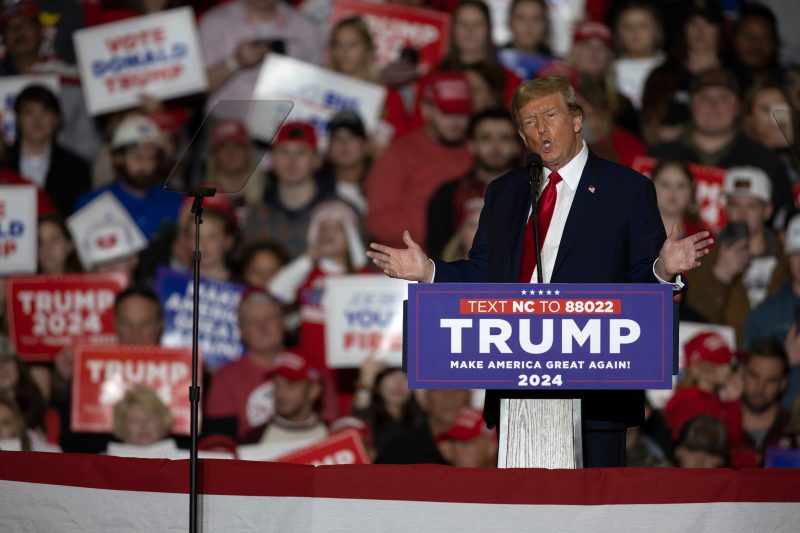In a recent turn of events, former President Donald Trump has once again found himself embroiled in controversy. Dismissing criticism of his handling of democracy, Trump has instead shifted the focus onto his successor, President Joe Biden. However, what is particularly alarming is the lack of concrete evidence to support Trump’s claims, signaling a troubling trend of baseless accusations in the political arena.
The notion of accusing someone without substantial evidence is not only unethical but also threatens the foundation of a functioning democracy. In the case of Trump’s accusations against President Biden, the lack of solid proof raises concerns about the credibility of these claims. Without verifiable evidence, such statements should not be taken at face value, as they have the potential to sow seeds of doubt and division within society.
Moreover, Trump’s tactic of deflecting criticism by targeting others without sufficient evidence is a dangerous precedent to set. It sets a concerning example for future political discourse, where accusations are made flippantly without the necessary burden of proof. This can lead to a cycle of blame-shifting and deflection, hindering genuine progress and accountability in governance.
It is imperative for leaders, past and present, to uphold the principles of transparency and honesty in their public statements. Accusations made without evidence not only undermine the integrity of the individuals targeted but also erode public trust in the political system as a whole. As public figures, leaders bear the responsibility of setting a positive example for their constituents, rather than resorting to baseless attacks to deflect criticism.
In conclusion, the recent accusations made by former President Trump against President Biden underscore the importance of evidence-based discourse in politics. Baseless accusations not only weaken the fabric of democracy but also hinder constructive dialogue and progress. Moving forward, it is crucial for leaders to uphold the values of accountability and respect, ensuring that public discourse remains grounded in facts and evidence.


























